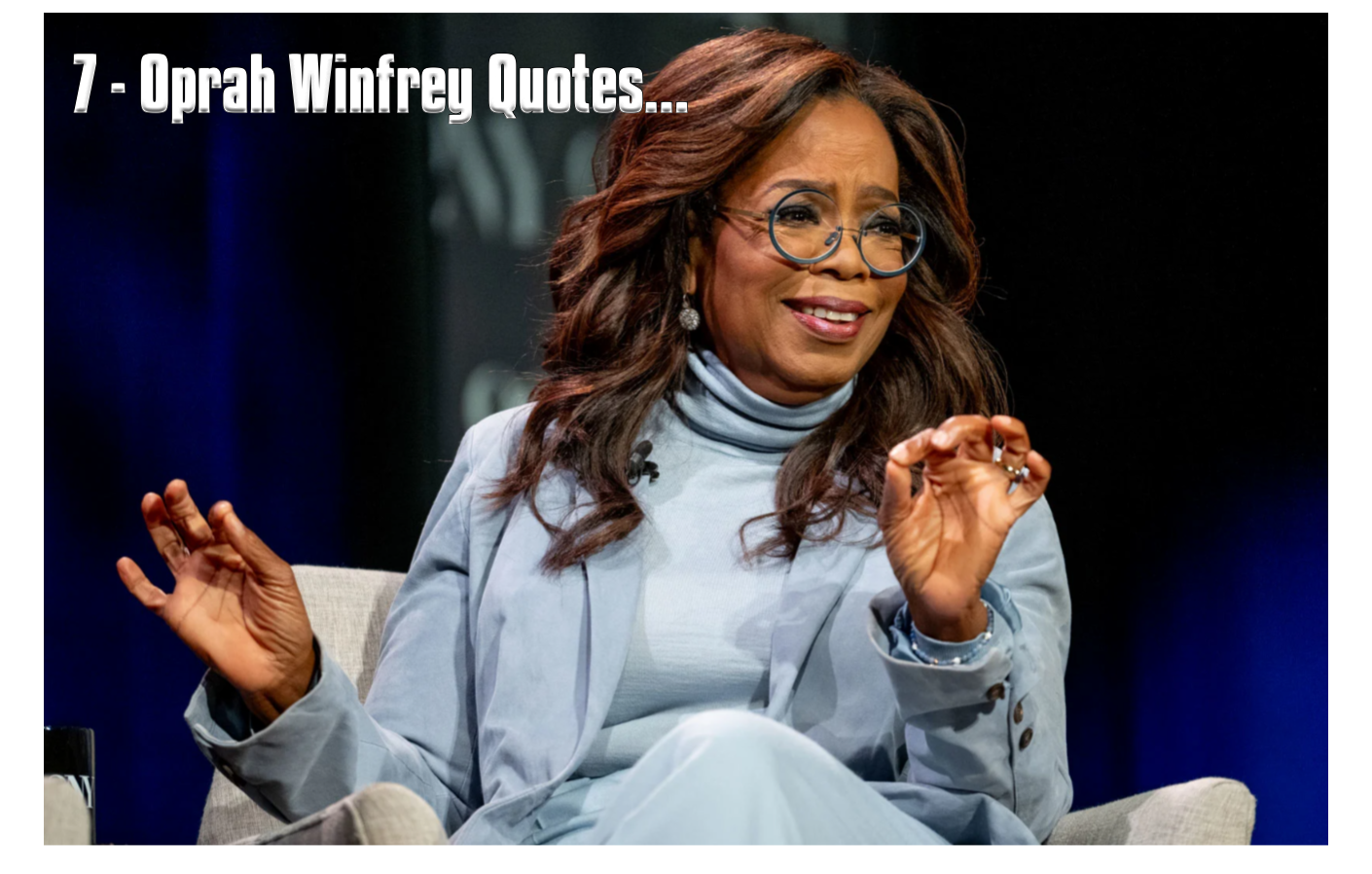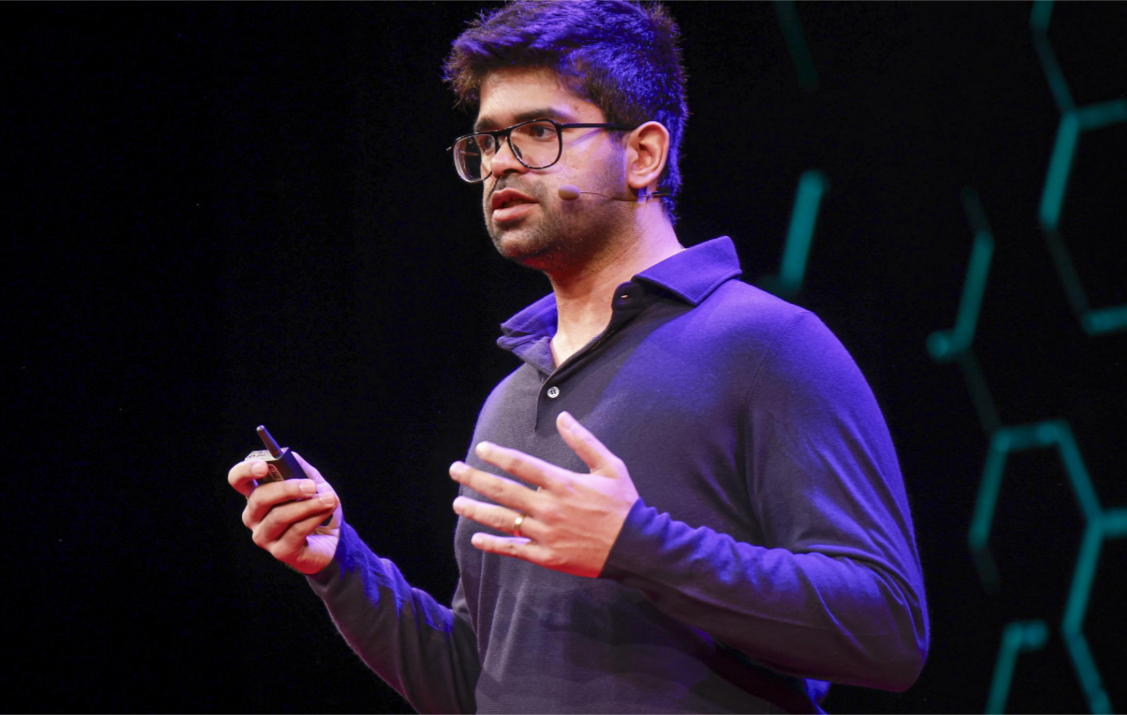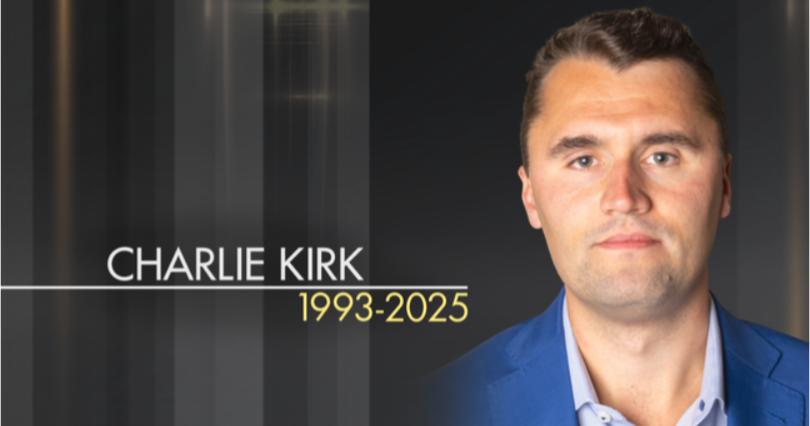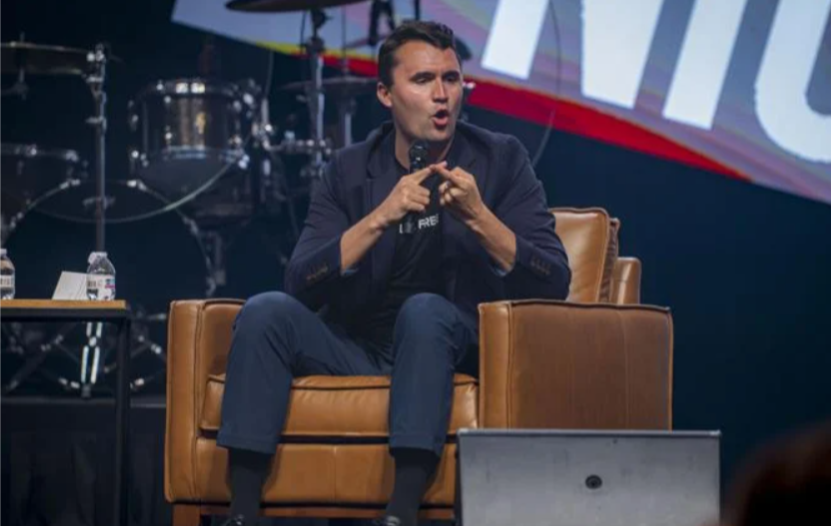(ThyBlackMan.com) Oprah Winfrey’s rise from poverty in rural Mississippi to becoming one of the most influential media moguls in the world is already the stuff of legend. Beyond her career milestones and her empire in television, film, and publishing, Oprah continues to share a remarkable trail of wisdom. Her words carry the weight of experience, resilience, and a deep understanding of how individual transformation can ripple out to society at large. These quotes are more than motivational slogans — they are touchstones of an era where self-empowerment became a global ethic. Below are seven Oprah Winfrey quotes that demand attention, each explored with context and relevance for the world today.

1. “Turn your wounds into wisdom.”
This quote captures the core of Oprah’s personal story. Born into poverty, facing trauma and abuse as a child, she could have easily remained trapped in cycles of despair. Instead, she transformed those wounds into a foundation of insight. Historically, this is part of a broader African American tradition of turning suffering into creative force. Just as the blues arose from pain, so too does Oprah’s philosophy emphasize the conversion of private anguish into shared guidance.
In the modern world, trauma studies often stress that what breaks us can also teach us. Oprah’s words align with this psychological truth. When she says “turn your wounds into wisdom,” she is urging people not to deny their scars but to reframe them as sources of growth. In societies struggling with generational inequities, this message resonates especially with those historically marginalized, reminding them that survival itself can be a form of brilliance.
Culturally, her statement ties into the shift of the late 20th century, when self-help literature and talk shows moved personal pain into the public square. Oprah made it acceptable to talk openly about abuse, shame, or self-doubt. But she didn’t stop at confession—she demanded transformation. In this way, the quote reflects both the therapeutic culture of its time and a call to action beyond victimhood.
Today, her wisdom feels essential in workplaces, schools, and communities where mental health is openly discussed but often still stigmatized. Leaders and individuals alike can apply this principle: rather than hide from mistakes or failures, acknowledge them, learn from them, and allow them to deepen empathy. It is not just survival—it is evolution.
2. “You become what you believe, not what you think or what you want.”
Here Oprah makes a crucial distinction between belief, thought, and desire. From a historical perspective, this connects with the American philosophy of pragmatism, where what one truly believes is ultimately revealed in action. Thoughts may pass like clouds, and wants may flicker with circumstances, but belief—deeply held conviction—shapes destiny.
In many ways, this echoes the mantras of past leaders. Marcus Garvey taught Black people to believe in their inherent greatness, while Martin Luther King Jr. urged belief in justice even when denied by law. Oprah brings this into the personal realm. Belief is not mere intellectual assent but a framework that directs how we interpret opportunities, risks, and setbacks. It becomes the architecture of our lives.
For example, countless entrepreneurs cite how they had to believe in themselves long before investors, customers, or critics did. Belief drives persistence. The statement challenges a culture of instant gratification: wanting something is not enough, nor is casually thinking about it. Only belief carries the power to marshal discipline and resilience.
Today, in an age where social media often amplifies desire and surface-level thoughts, Oprah’s words cut through with clarity. The reminder that belief, not fleeting wants, creates identity is a historical corrective. It suggests that a generation constantly bombarded with “manifest your dreams” needs to return to a more grounded truth: only what you truly believe becomes possible.
3. “Surround yourself only with people who are going to lift you higher.”
This quote taps into one of the oldest lessons of human history: community shapes character. From the early freedom struggles of enslaved Africans who built mutual aid societies, to women’s suffrage networks that sustained activists through ridicule, movements have always thrived on the quality of their circles. Oprah translates this collective insight into personal advice.
The modern context is critical. In an increasingly digital era, where we can be “surrounded” by thousands of online followers, the question of who actually uplifts us is more urgent than ever. Oprah is advocating discernment. Not everyone who enters your orbit should remain there. She is making a radical statement about curating one’s environment.
Psychologists affirm this truth in studies on peer influence. People who are embedded in positive, supportive communities report greater well-being, while toxic environments increase stress, anxiety, and self-doubt. Oprah’s quote can be seen as a prescription for mental health as much as it is advice for ambition.
Historically, her wisdom reflects a lineage of African American leaders who knew that empowerment required intentional communities. Booker T. Washington built Tuskegee around uplift. The Harlem Renaissance thrived because artists fed each other’s creativity. Oprah continues that tradition in urging individuals to surround themselves with people who refuse to let them stay small.
4. “Doing the best at this moment puts you in the best place for the next moment.”
Here, Oprah emphasizes the power of presence. In historical terms, this resonates with the Stoic philosophy of antiquity, which counseled that only the present is within our control. But she reshapes it for a modern world often obsessed with the future. She is saying that preparation for what is to come happens through excellence in the now.
This principle is visible in her own life. When she began as a small-town news anchor, she committed to giving her best, even in roles that seemed marginal. Those moments built credibility, skill, and resilience that later catapulted her into national prominence. For historians, this represents a narrative of incremental progress—what W.E.B. Du Bois once described as the “ceaseless striving” toward higher ground.
The wisdom here is deeply relevant in an era marked by distraction. Many live anxiously between past regrets and future worries, forgetting that the next opportunity is constructed in the present. By focusing on what can be done right now, one avoids paralysis and builds a bridge toward future success.
Culturally, this statement also challenges the entitlement mindset sometimes fostered in digital culture. The idea that great outcomes should arrive quickly is undermined by Oprah’s insistence on consistent best effort. In every field—education, activism, business—the present moment is the training ground for what follows. History, she reminds us, is not built in leaps but in disciplined steps.
5. “The biggest adventure you can take is to live the life of your dreams.”
Oprah reframes adventure not as external conquest but as internal authenticity. Traditionally, adventure stories centered on men scaling mountains, sailing seas, or conquering lands. But Oprah’s declaration is revolutionary: the boldest journey is to live true to oneself. This represents a shift in historical consciousness, especially for women and minorities.
Living the life of one’s dreams requires courage because society often pressures individuals into conformity. Oprah herself was told she did not fit the mold for television, yet she pursued her vision anyway. Her success underscores her point: the daring path is not the one that follows maps but the one that creates them.
This quote has particular relevance for young people today navigating precarious economies and shifting cultural expectations. Adventure here does not necessarily mean luxury travel or risk-taking. It can mean building a career aligned with passion, crafting a family structure that breaks stereotypes, or using creativity to resist systemic limitations.
As a historical document, this quote belongs to a tradition of self-definition. From Frederick Douglass insisting on his right to freedom, to Zora Neale Hurston living boldly as a Black woman writer in the Harlem Renaissance, the greatest adventures were often the refusal to live a scripted life. Oprah brings that tradition into the modern self-help vocabulary, but its historical roots run deep.
6. “Everyone wants to ride with you in the limo, but what you want is someone who will take the bus with you when the limo breaks down.”
This is Oprah at her most practical. She is naming the historical reality that success attracts opportunists, while adversity reveals true companions. In essence, she is restating an ancient proverb in contemporary language. Historically, such insights echo Biblical traditions—friends in prosperity versus friends in suffering.
The cultural context of this quote is significant. Oprah rose during an era of celebrity culture, where wealth and fame often produced entourages of questionable loyalty. By exposing this dynamic, she demystified fame and redirected attention to authenticity. She urges us to look for relationships that endure failure, not just celebrate success.
Psychologically, this resonates because humans crave loyalty. Studies show that resilience is enhanced when individuals feel supported in crises. Oprah’s metaphor of the limo and bus is striking because it reflects class mobility: the glamorous life is fragile, but the everyday struggle is enduring. Who stands with you in that moment reveals their character.
Today, in a society that often prizes status symbols and followers, this quote challenges shallow measures of friendship. It is a historical reminder that the true measure of community is solidarity in hardship. In an age where many struggle with economic instability, Oprah’s words insist that real wealth lies in trustworthy relationships, not in luxury vehicles.
7. “Passion is energy. Feel the power that comes from focusing on what excites you.”
With this quote, Oprah connects the personal to the universal: passion is not just an emotion, it is fuel. Historically, great movements—from abolition to civil rights—were powered not only by reason but by deep passion. Energy, once harnessed, drives transformation. Oprah translates that legacy into everyday advice.
Her words highlight a psychological truth: motivation sustained by external reward often fades, but passion rooted in genuine excitement produces lasting energy. For Oprah, passion was evident in her love of storytelling and communication. That energy allowed her to persist through setbacks and build one of the most influential media brands in the world.
In today’s context, where burnout is epidemic, Oprah’s quote is a blueprint for sustainability. If work drains energy rather than fuels it, long-term flourishing is impossible. By focusing on what excites us, individuals not only preserve vitality but also amplify their impact. History supports this: the most enduring contributions come from those who aligned their work with their deepest enthusiasms.
This quote also challenges societal scripts that value obligation over inspiration. In a world shaped by economic pressures, it is radical to argue that passion is not a luxury but a necessity. As a historical ethos, it belongs alongside other calls for self-actualization, reminding us that true progress—personal or collective—requires the spark of excitement that only passion provides.
Oprah Winfrey’s quotes are more than catchy phrases. They are cultural artifacts, distillations of a lifetime of experience that speak to universal truths. From turning wounds into wisdom to surrounding oneself with uplifting people, from living authentically to cherishing loyal relationships, her words reflect both historical continuity and contemporary urgency. A historian looking back would see them as part of a broader cultural movement: the democratization of wisdom, where the insights of one individual help shape the moral compass of millions.
In the end, Oprah’s legacy will not only be the empire she built but also the language she left behind—language that continues to guide, challenge, and inspire.

















?????????Oprah?????????????????????????????????????????????????????????